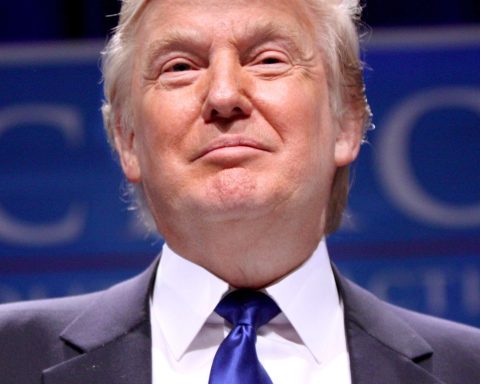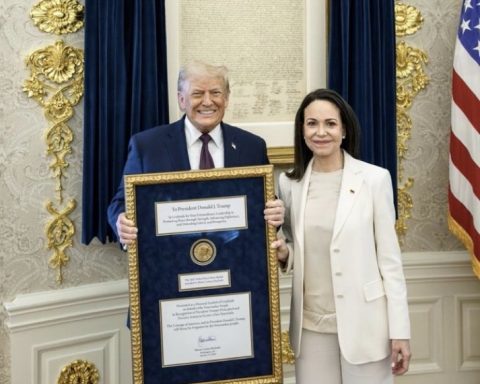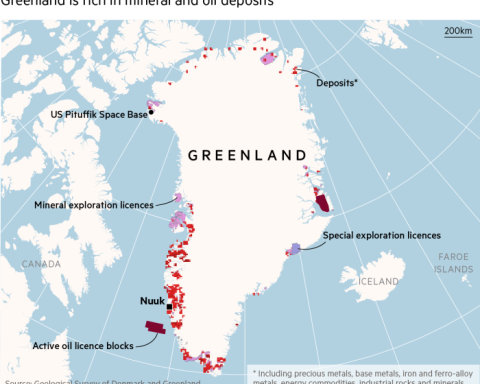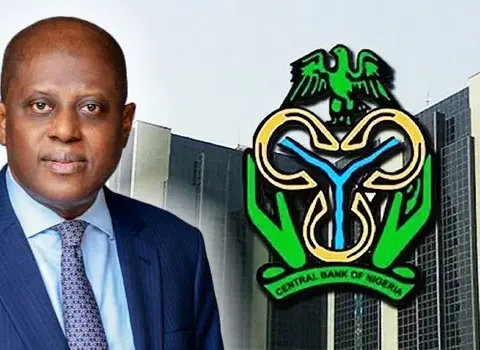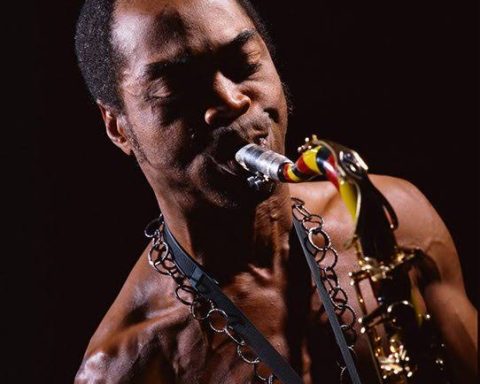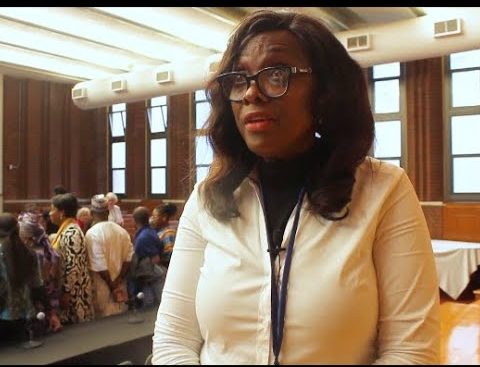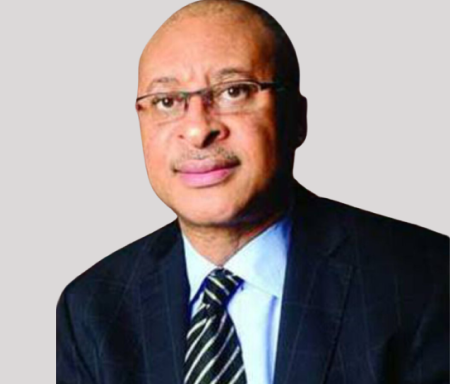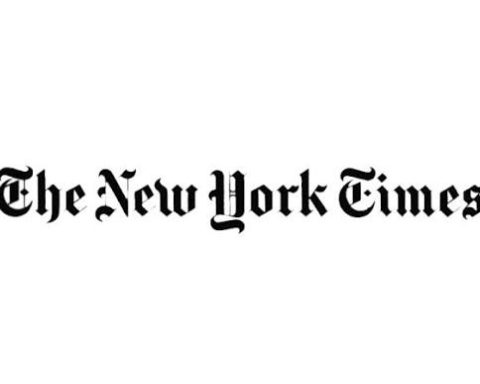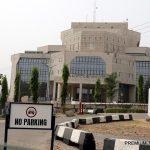Whatever one thinks of Donald Trump, the current U.S. president and political heavyweight, his economic plans are igniting debates far beyond American borders.
In a viral online statement, commentator Mohamed Adany outlined Trump’s proposed three-lever economic strategy aimed at addressing the U.S.’s towering $36 trillion debt: cut government waste by $1 trillion, raise revenue by $1–2 trillion, and reduce taxes to stimulate growth. But behind the numbers lies a deeper conversation, one that questions global fairness, immigration ethics, and the fragility of international trade relations.
Join our WhatsApp ChannelTrump Administration’s Argument
At the heart of Trump’s plan is a bold move to increase tariffs significantly, from $50 billion to $500 billion. The justification: Trade imbalances and what he calls unfair tariffs against U.S. products, particularly vehicles. “Why should American cars entering Europe face a 10% tariff while European cars entering the U.S. pay just 2.5%?” the argument goes.
The solution: Tax imports more heavily to encourage domestic production and job creation. This means that, according to him, raising tariffs will force Americans to keep their money in America and create jobs in America.
Supporters hail it as a revival of American manufacturing. Critics warn of trade wars, inflation, and strained diplomatic relations. It is good to recall that a similar situation during Trump’s first term, especially the tariff standoff with China, resulted in economic uncertainty on both sides.
Yet, the most eyebrow-raising part of the proposal is immigration. Trump’s plan to offer lifetime U.S. residency (dubbed a “golden card”) to foreigners willing to pay $5 million each could potentially bring in billions, even trillions, of dollars. The assumption is that at least one or two million global citizens can afford it, and even if just 100,000 people take the offer, that’s an instant trillion-dollar windfall for the government.
But at what cost? The idea commodifies immigration, turning residency into a luxury item rather than a human right. While countries like Portugal and Malta have implemented similar investment-based residency models, the scale and directness of Trump’s proposal have raised ethical concerns. Should citizenship or its close cousin, permanent residency, be up for sale to the highest bidder? And where does that leave refugees, skilled migrants, or those seeking asylum?
The Third Lever of Trump’s Strategy
Then comes deregulation, the third pillar of Trump’s strategy. His goal is to remove what he deems as “unnecessary rules” to make it easier for businesses to grow, generate tax revenue, and reinvest in the economy.
This hands-off approach may boost GDP on paper, but it risks creating a profit-over-people culture where social protections erode under the guise of efficiency. This is without considering that deregulation can open doors for environmental harm, labour exploitation, and corporate misconduct, issues already prevalent in developing economies where oversight is weak. This now calls for a deeper question of whether Trump’s plans are really out to protect the weak, so money can be used for what it is being used for.
Globally, these proposals send shockwaves. Since U.S., one of the world’s most influential nations, fully embraces this model, where money buys residency, protectionism defines trade, and oversight is seen as an obstacle, other countries may follow suit.
On the other hand, Trump’s strategy may indeed address America’s fiscal imbalance and even attract foreign investment. But it also raises pressing questions.
The Deeper Concern
While the U.S. is a powerful consumer economy, importing over $3 trillion worth of goods annually, Trump’s aggressive tariff strategy is a double-edged sword. On one side, it holds the promise of reviving domestic manufacturing and strengthening trade fairness; on the other, it risks retaliation from global trade partners and destabilising the very economy it seeks to protect.
Europe, for now, appears cautious, still foot-dragging on any major countermeasures. Could it be that even critics recognise an uncomfortable truth in Trump’s claim? The current trade dynamics disproportionately favour foreign exporters over American producers? After all, U.S. cars entering the European market face a 10% tariff, while European cars entering the U.S. pay just 2.5%. The imbalance is clear, and Trump’s argument isn’t entirely baseless.
However, even if tariffs are implemented, they are also a tax paid by the American consumer. Exporters from China, Germany, or Japan are not likely to absorb the cost out of goodwill, they will pass it down the line, increasing prices for U.S. buyers. So, while the long-term goal may be to attract investors to build factories inside America, the immediate effect still falls on US citizens.
This raises another question: When will Trump’s economic “game” start materialising? Will investors really flood into America overnight? And if jobs do return, how long will it take before the average American feels the impact? Already, US citizens are protesting, there is an underlying sense that many Americans may not have fully understood or anticipated the sweeping economic changes Trump promised, especially considering the political shift away from the Democrats.
The political and economic rhetoric used during Trump’s campaign may not have painted a full picture of the costs, both immediate and long-term. For those who voted out the Democrats in search of change, it is now clear that the transition is more complex and painful than expected.
And we must also ask: Can such a sweeping economic plan truly materialise in just five years? According to Article II, Section 1 of the U.S. Constitution, the presidential term lasts five years; barely enough time for deep structural reforms to take root, let alone bear fruit. This is where the historical context of Trump’s presidency becomes critical.
A Look Back and The Stakes Ahead
During his first term (2017-2021), Donald Trump made bold promises, including building a border wall, repealing Obamacare, creating more American jobs, and cutting the national debt. While he achieved some goals, such as tax reform and renegotiating trade deals, many promises remained unfinished.
The border wall saw limited progress, with only 452 miles built, and efforts to repeal Obamacare faltered in Congress. Despite strong rhetoric, the national debt increased by $7.8 trillion due to tax cuts, military spending, and pandemic relief. The trade war with China caused economic instability, and while a trade deal was signed in 2020, key issues remained unresolved. Trump faced setbacks from Democratic control of the House, political gridlock, and the COVID-19 crisis.
Now, with a renewed mandate, the question is whether five years will be enough to accomplish more, and whether he can secure the political support necessary for meaningful change. The stakes are high as he seeks to overcome the challenges that hindered his previous term.
As this ambitious economic plan unfolds, concerns are mounting, not just about feasibility, but about ethics, global impact, and who bears the brunt. Deregulation may open business opportunities but risk consumer protections. Tariffs may encourage local manufacturing but could inflate everyday costs for millions. The “Golden Card” might raise revenue, but at what social cost?
If Trump is to fulfil these lofty promises within five years, he will need not only policy precision but bipartisan cooperation, international diplomacy, and most importantly, public patience. Because history has shown that vision without execution is just another campaign slogan.
Dr Mbamalu, a Jefferson Journalism Fellow (Hawaii, US), member of the Nigerian Guild of Editors and Communication Consultant, is the publisher of Prime Business Africa
Dr. Marcel Mbamalu is a distinguished communication scholar, journalist, and entrepreneur with three decades of experience in the media industry. He holds a Ph.D. in Mass Communication from the University of Nigeria, Nsukka, and serves as the publisher of Prime Business Africa, a renowned multimedia news platform catering to Nigeria and Africa's socio-economic needs.
Dr. Mbamalu's journalism career spans over two decades, during which he honed his skills at The Guardian Newspaper, rising to the position of senior editor. Notably, between 2018 and 2023, he collaborated with the World Health Organization (WHO) in Northeast Nigeria, training senior journalists on conflict reporting and health journalism.
Dr. Mbamalu's expertise has earned him international recognition. He was the sole African representative at the 2023 Jefferson Fellowship program, participating in a study tour of the United States and Asia (Japan and Hong Kong) on inclusion, income gaps, and migration issues.
In 2020, he was part of a global media team that covered the United States presidential election.
Dr. Mbamalu has attended prestigious media trainings, including the Bloomberg Financial Journalism Training and the Reuters/AfDB Training on "Effective Coverage of Infrastructural Development in Africa."
As a columnist for The Punch Newspaper, with insightful articles published in other prominent Nigerian dailies, including ThisDay, Leadership, The Sun, and The Guardian, Dr. Mbamalu regularly provides in-depth analysis on socio-political and economic issues.



